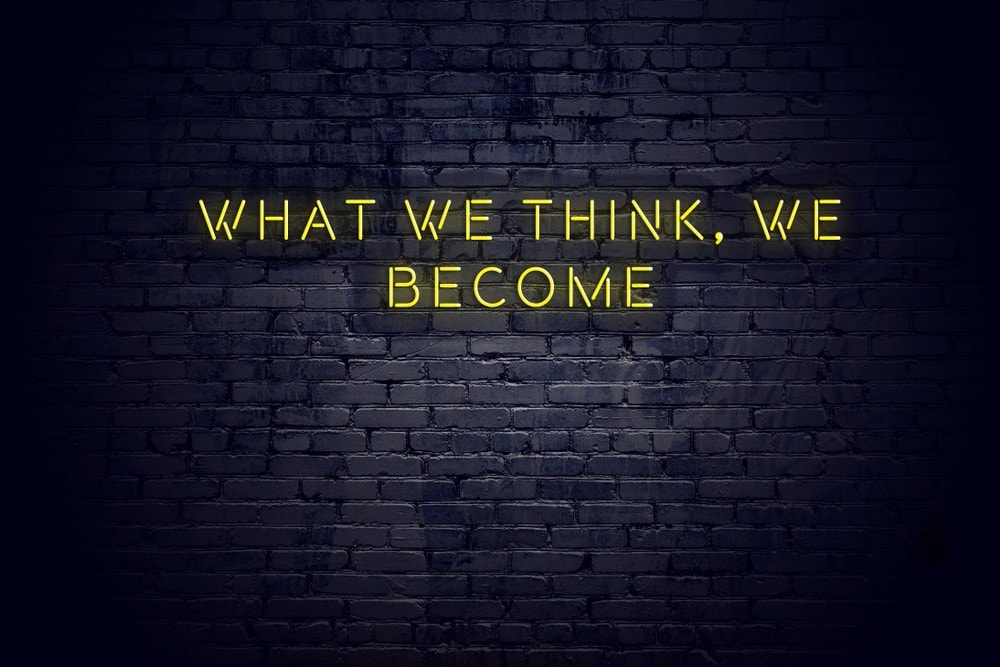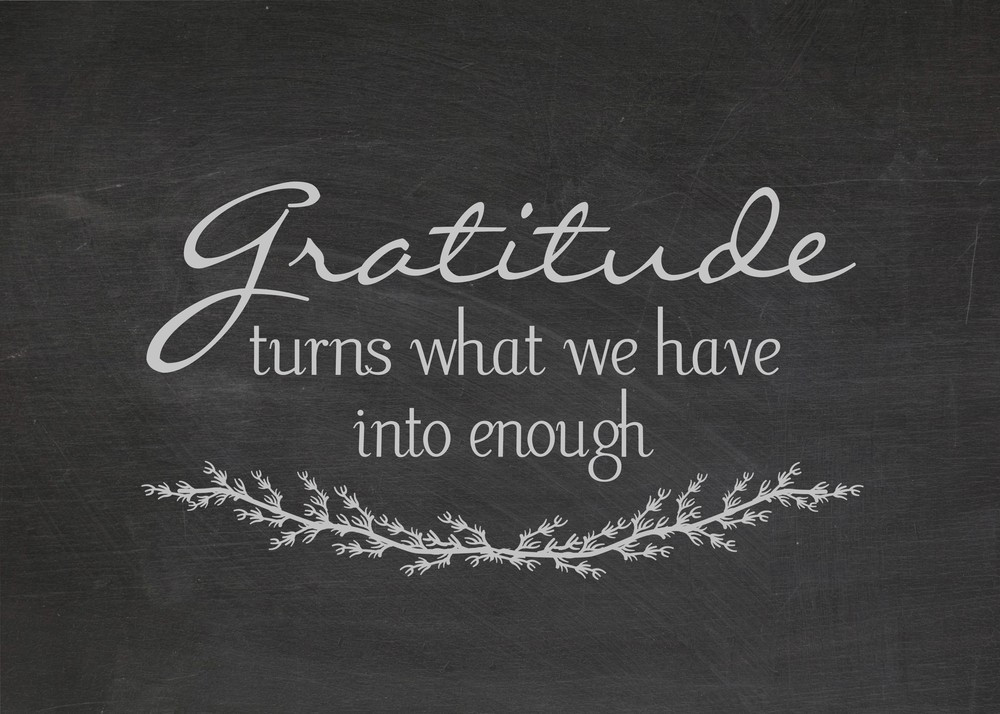
In recent research published by Harvard Medical School, it was found that the practice of regularly writing down the things one is grateful for led to an increase in overall happiness.
Dr. Robert A. Emmons of the University of California, Davis, and Dr. Michael E. McCullough of the University of Miami have done some significant research on the impact of gratitude on mental health. In one study, they asked all participants to write a few sentences each week, focusing on particular topics.

One group wrote about things they were grateful for during the previous week. A second group wrote about daily irritations or things that had upset them, and the third wrote about any events that had affected them (with no emphasis on them being positive or negative). After 10 weeks, those who wrote about gratitude were more optimistic and felt better about their lives. Surprisingly, they also reported having exercised more and that they had fewer visits to physicians than those who focused on sources of aggravation.
As the Harvard Medical School article mentions, Dr. Martin E. P. Seligman, a psychologist at the University of Pennsylvania, tested the impact of various positive psychology interventions on 411 people, each compared with a control assignment of writing about early memories. When their week’s assignment was to write and personally deliver a letter of gratitude to someone who had never been properly thanked for his or her kindness, participants immediately exhibited a huge increase in happiness scores. This impact was greater than that from any other intervention, with benefits lasting for a month or more. These are powerful affirmations of how powerful regularly expressing gratitude can be.

So, what exactly is gratitude?
Research over the past few years has confirmed that gratitude is more than just saying “thank you,” although doing so is certainly an important part of expressing appreciation. Gratitude is when one has recognized they are the recipient of a benefit and that the benefit came from a source outside themselves – meaning a benefit that came independent of their behavior.
Dr. Emmons wrote in one of his publications, “Scientists are latecomers to the concept of gratitude, while religion has long embraced gratitude as an indispensable manifestation of virtue and an integral component of health, wholeness and well-being.”
There is something to be said for taking time to reflect on the abundance we’ve been given. Doing so can’t help but cause one to realize how much they have, even if their circumstances have been or are currently difficult.

The study by Emmons and McDonald further found that the group focusing on things they were grateful for experienced an increase in energy, alertness, enthusiasm, determination, optimism, slept better with longer durations, exercised more frequently, and experienced fewer physical symptoms of illness while experiencing less sadness, bitterness, fear, anxiety, and depression.
Dr. Craig Manning of Brigham Young University talks about a law called The Law of Occupied Space, which he indicates means that “no two physical objects can co- exist at the same place at the same time.” This law of occupied space has the same applications with our hearts and minds. Hate, anger, fear, depression cannot coexist in the same place at the same time as hope, optimism, gratitude, and happiness. It is nearly impossible to be grateful and feel envious at the same time. The positive emotions of gratitude can, over time, cancel out many negative emotions.

Here are some simple, proven methods to strengthen your ‘gratitude’ muscles:
- For the next seven days, write at least one “thank you” note to someone and either mail or hand-deliver it to them.
- At least once each week, spend 10-15 minutes in a notebook or gratitude journal, making a list of people and things you are grateful for.
- Set a goal to say “thank you” to everyone who does something for you. Try doing this for at least one day.
- For the next seven days, write at least one “thank you” note to someone and either mail or hand-deliver it to them.
- At least once each week, spend 10-15 minutes in a notebook or gratitude journal, making a list of people and things you are grateful for.
- Set a goal to say “thank you” to everyone that does something for you. Try doing this for at least one day.
Gratitude is literally one of the few things that can significantly change your life and the lives of those around you including the life in your dental practice.
In a challenging year like 2020, it’s especially important to take time to express appreciation to the people around you. If you own or work in a dental practice, be sure to let your teammates know how grateful you are for them. You’ve all been through a lot together in the last 12 months. Also include your patients in these expressions of appreciation. They stuck with you and that is worth recognizing.
Sincere gratitude is a compass that will lead us to better and brighter days to come. In a season of darkness, make time to light up someone’s life by letting them know how much you appreciate them. Give the gift of gratitude. It’s a gift that will always bless the give and the receiver.
The post The Power of True Gratitude appeared first on The Daily Floss Blog | Benco Dental.



